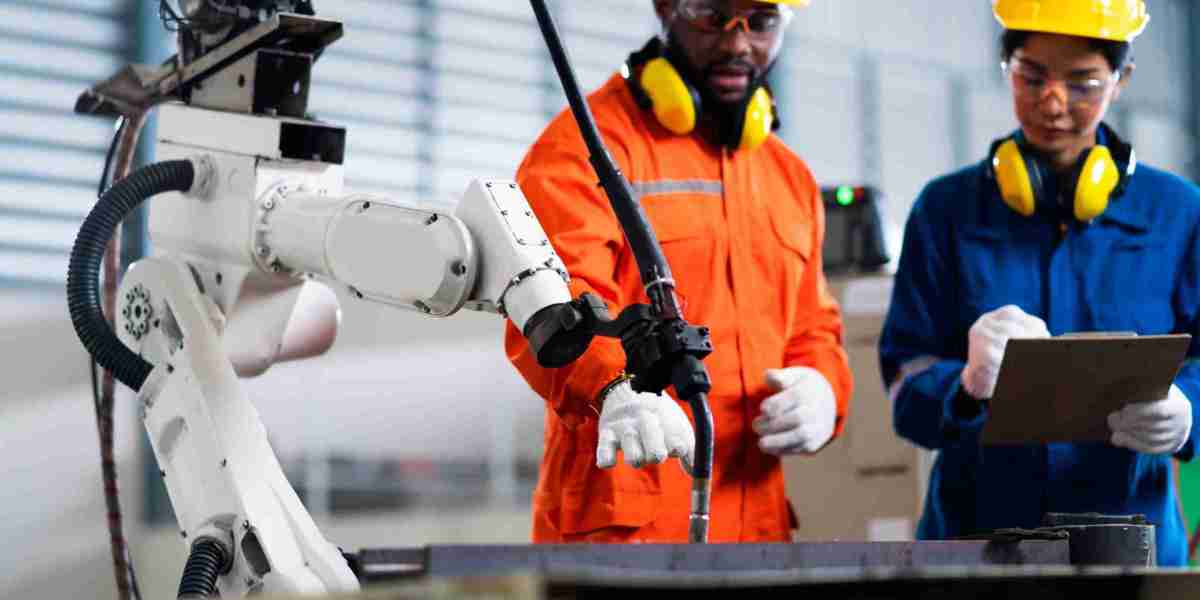Factories today don’t work the way they used to. Thanks to industrial automation, machines and smart systems now handle many tasks that once needed human hands. This exciting field is growing fast—and the best part? You don’t need prior experience to get started.
If you’re curious about automation and want to build a career in it, this guide is your first step.
1. Learn the Basics First
Before diving into advanced tools, it's important to understand the building blocks of automation.
PLCs (Programmable Logic Controllers): They control machines and processes.
HMIs (Human-Machine Interfaces): These are touchscreens or displays that let people interact with machines.
SCADA (Supervisory Control and Data Acquisition): Used to monitor and control large systems.
Sensors and Actuators: Sensors collect data, and actuators perform actions.
Robots: Take care of repetitive tasks like picking, placing, or welding.
You’ll also come across common standards and protocols:
IEC 61131-3: The standard for PLC programming.
Modbus, OPC UA, Ethernet/IP: These help different devices talk to each other.
For programming, start with Ladder Logic, a visual language that’s easy for beginners. As you grow, you can explore Structured Text and even Python.
Where to Learn:
You can start on free platforms like Coursera, Udemy, or RealPars. But to gain real skills, it's best to go for PLC SCADA training that offers hands-on experience along with theory.
2. Get Practical Experience
Automation is hands-on. Reading alone isn’t enough—you need to build and practice.
Try small DIY projects using Arduino or Raspberry Pi.
Use PLC simulators like LogixPro, Siemens PLCSIM, or Codesys to practice without hardware.
Look for internships or trainee roles to get real-world exposure.
3. Keep Up with the Industry
Technology in automation changes fast. Stay updated by:
Following automation groups on LinkedIn or Reddit
Joining webinars.
4. Build Your Network
Networking can help you learn faster and find job opportunities.
Participate in hackathons or open-source projects.
Ask questions and share ideas in various forums.
5. Get Certified
Certifications show employers you’re serious and skilled.
Start with ISA Certified Automation Professional (CAP).
Take vendor-specific courses from Siemens, Rockwell, or Schneider Electric.
Explore Python or IIoT certifications if you’re interested in smart technologies.
6. Choose Your Career Path
Automation isn’t just one job—it’s a whole range of careers:
Entry-level: PLC Programmer, Automation Technician
Mid-level: SCADA Engineer, Robotics Specialist
Advanced: Industry 4.0 Expert, Automation Consultant
Industries like automotive, pharma, and energy are always hiring automation professionals.
Final Thoughts: Start Small, Keep Growing
You don’t need to learn everything at once. Start with simple projects. Stay curious. Practice what you learn. And most importantly—join a PLC SCADA training program that gives you both knowledge and real-world practice.






